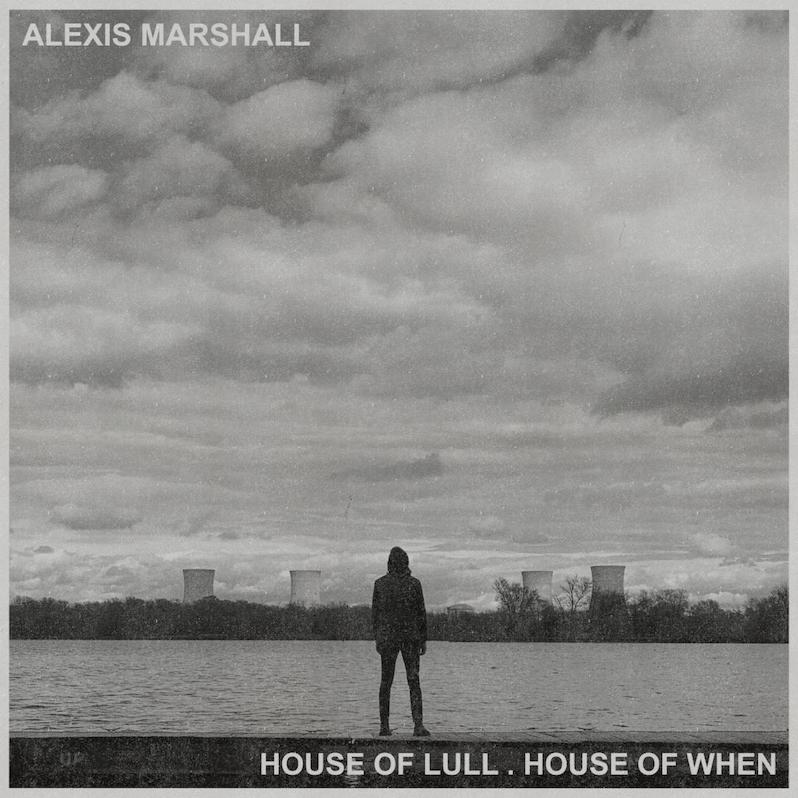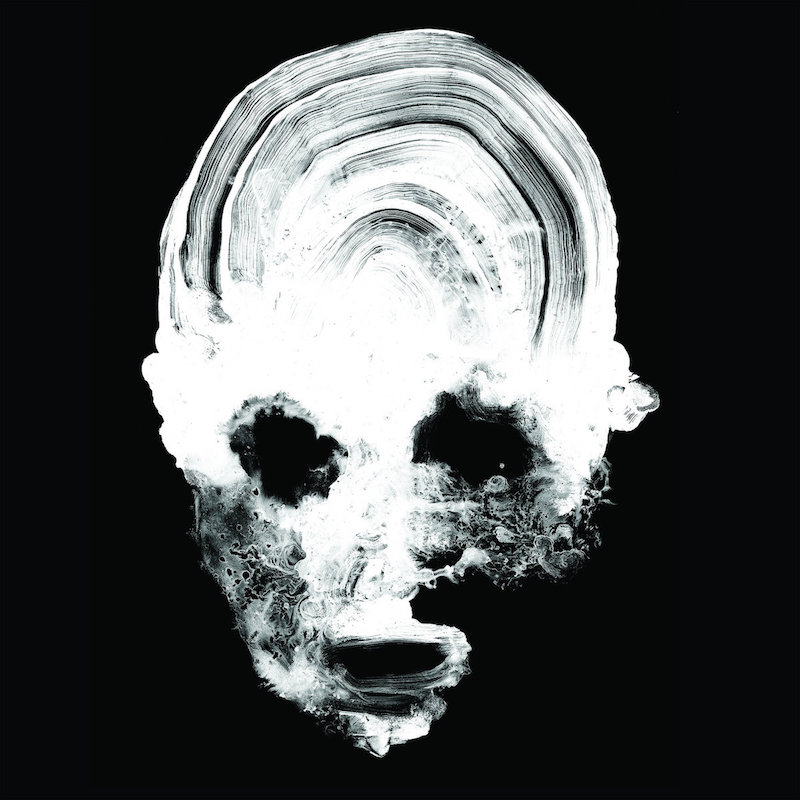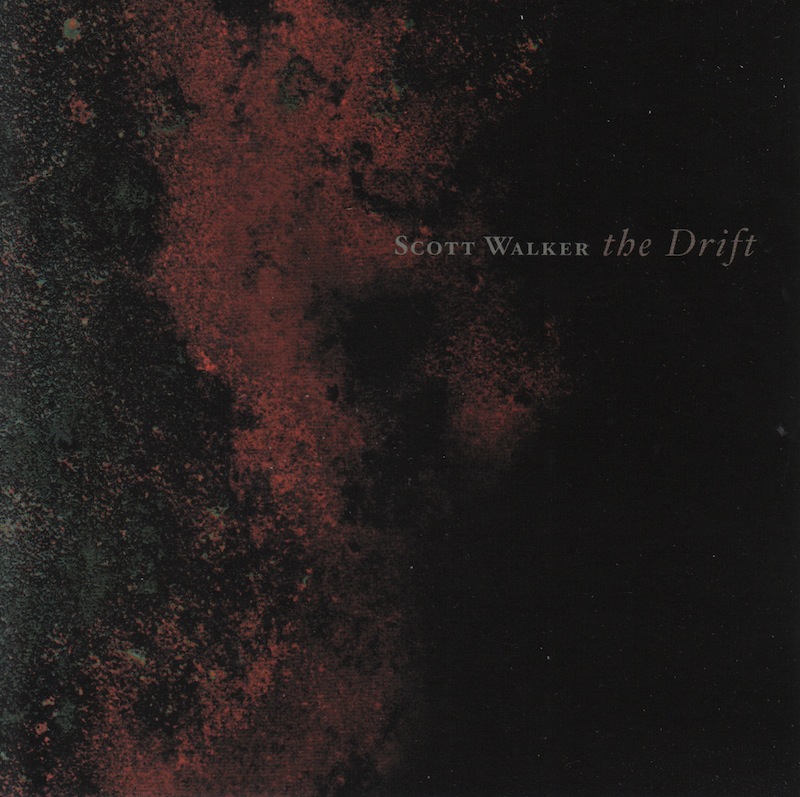Alexis Marshall : House of Lull. House of When

Daughters‘ return in 2018 with You Won’t Get What You Want sounded less like the warm reunion of a beloved punk band than the Gates of Hell opened and lined with velvet stanchions. That doesn’t mean Daughters no longer were a punk band, but rather that their version of punk had changed, from blistering mathcore freakouts to an ominous, slow-burn industrial-rock scrape laced with the apocalyptic avant-gardism of late-period Scott Walker. Even the catchiest song on that album, “The Reason They Hate Me,” feels like the nastiest version of disco you could possibly imagine, all looping guitar shriek and unhinged hostility from vocalist Alexis Marshall.
Removed from that groove—the immediacy of the group’s hooks, however vicious and snarling—only creates an even more hellish playground for Marshall to operate within. If You Won’t Get What You Want only tenuously connected Daughters to their punk rock origins, Marshall’s solo debut album House of Lull. House of When finally cuts that tether once and for all, building a harsh and disorienting landscape of spoken-word industrial that feels like feeding your worst anxieties through a Marshall stack. Recorded with Daughters drummer Jon Syverson, Jaye Jayle’s Evan Patterson and Lingua Ignota’s Kristin Hayter, House of Lull took shape entirely in the studio without any pre-written material, and the looseness of it only emphasizes the terror and intensity that it harbors—there’s no telling what might be lurking around all of its darkened corners.
The ambient wheeze and stark minor-key piano chords that open “Drink from the Oceans. Nothing Can Harm You” create a bleak atmosphere of oozing dread. It feels not so much like impending doom as a kind of existential despair, an all-consuming darkness that echoes through Marshall’s barks of “The past is like an anchor.” From there, House of Lull only grows more thrillingly experimental and chaotic, all the while shedding any sense of comfort or safety in the process. The harsh crashes of percussion and free-jazz saxophone in “It Just Doesn’t Feel Good Anymore” score a litany of internally focused screeches, Marshall howling, “Don’t look at it/none of it/don’t get up/don’t go out/You have obligations!” The relative calm of “Youth as Religion.” offers a simmering doom rather than outright armageddon, but once Hayter joins Marshall in a nightmarish call-and-response scream session of “Young man, you have no other!” in “Religion as Leader,” that low-key tension boils over spectacularly.
The elaborateness of the arrangements on House of Lull. House of When are such that it doesn’t seem quite right to file this away as a “noise” album, but it’s also not not a noise album. There’s a kind of primitive urgency to everything here, even when its primary aim isn’t to shock or to throttle, even when there’s an intricate beauty beneath the moan. House of Lull. House of When is the most arresting kind of primal scream.
Label: Sargent House
Year: 2021
Similar Albums:
Jeff Terich is the founder and editor of Treble. He's been writing about music for 20 years and has been published at American Songwriter, Bandcamp Daily, Reverb, Spin, Stereogum, uDiscoverMusic, VinylMePlease and some others that he's forgetting right now. He's still not tired of it.




